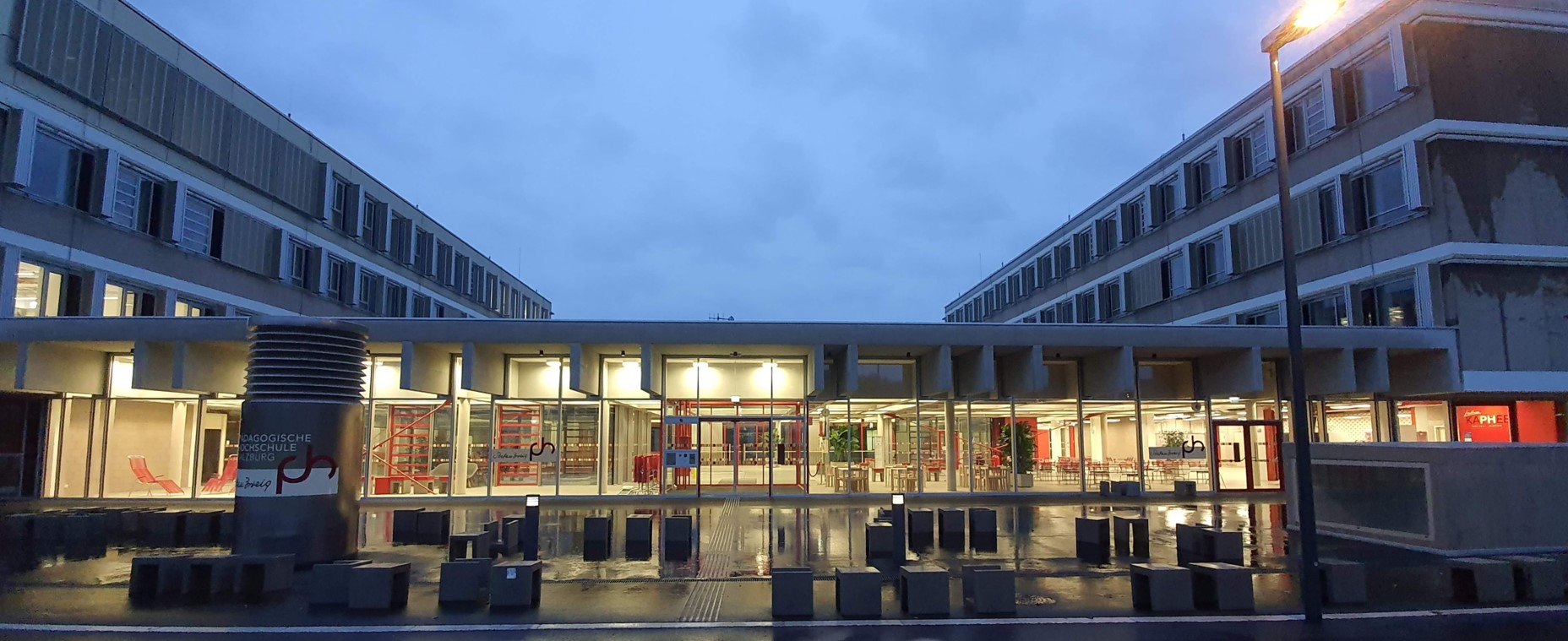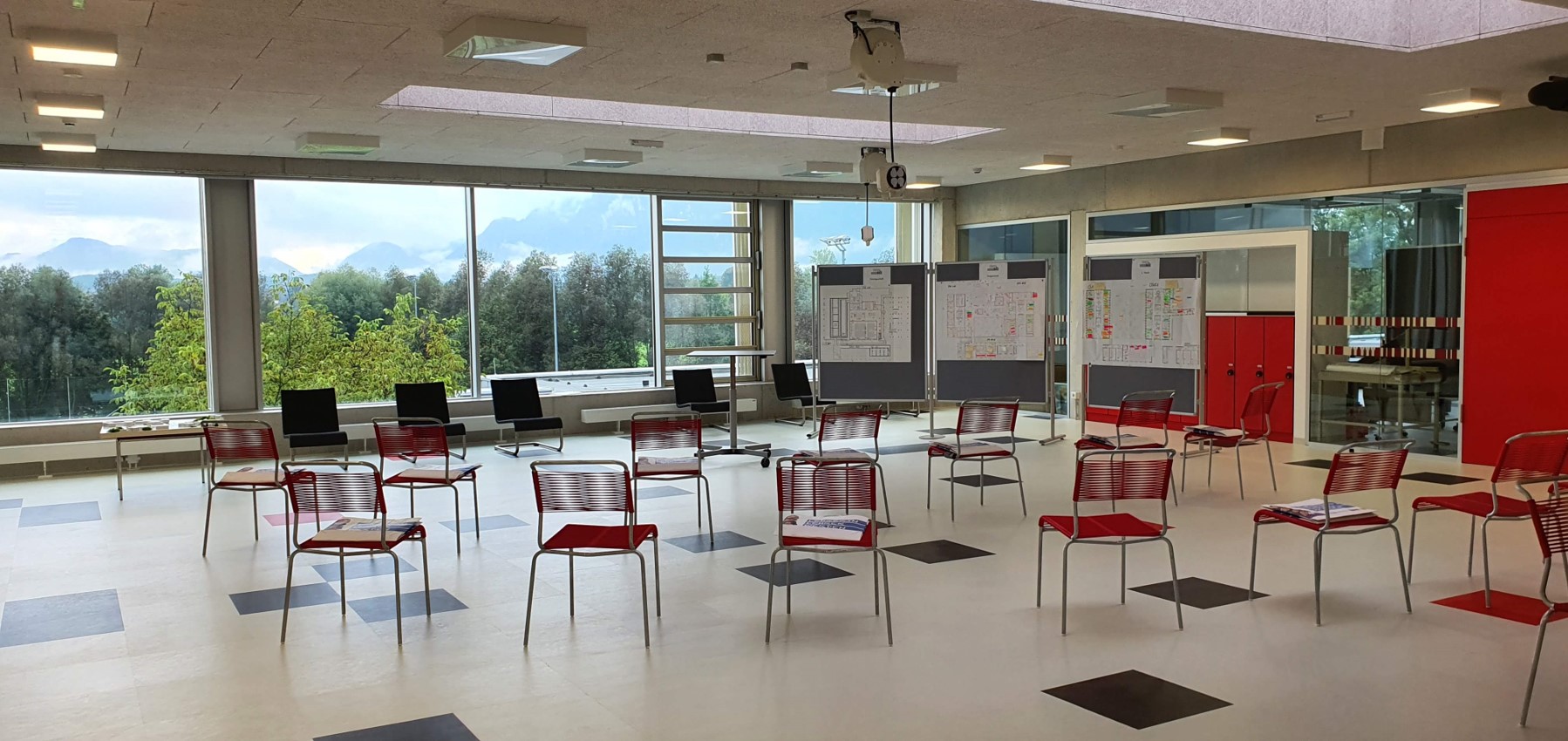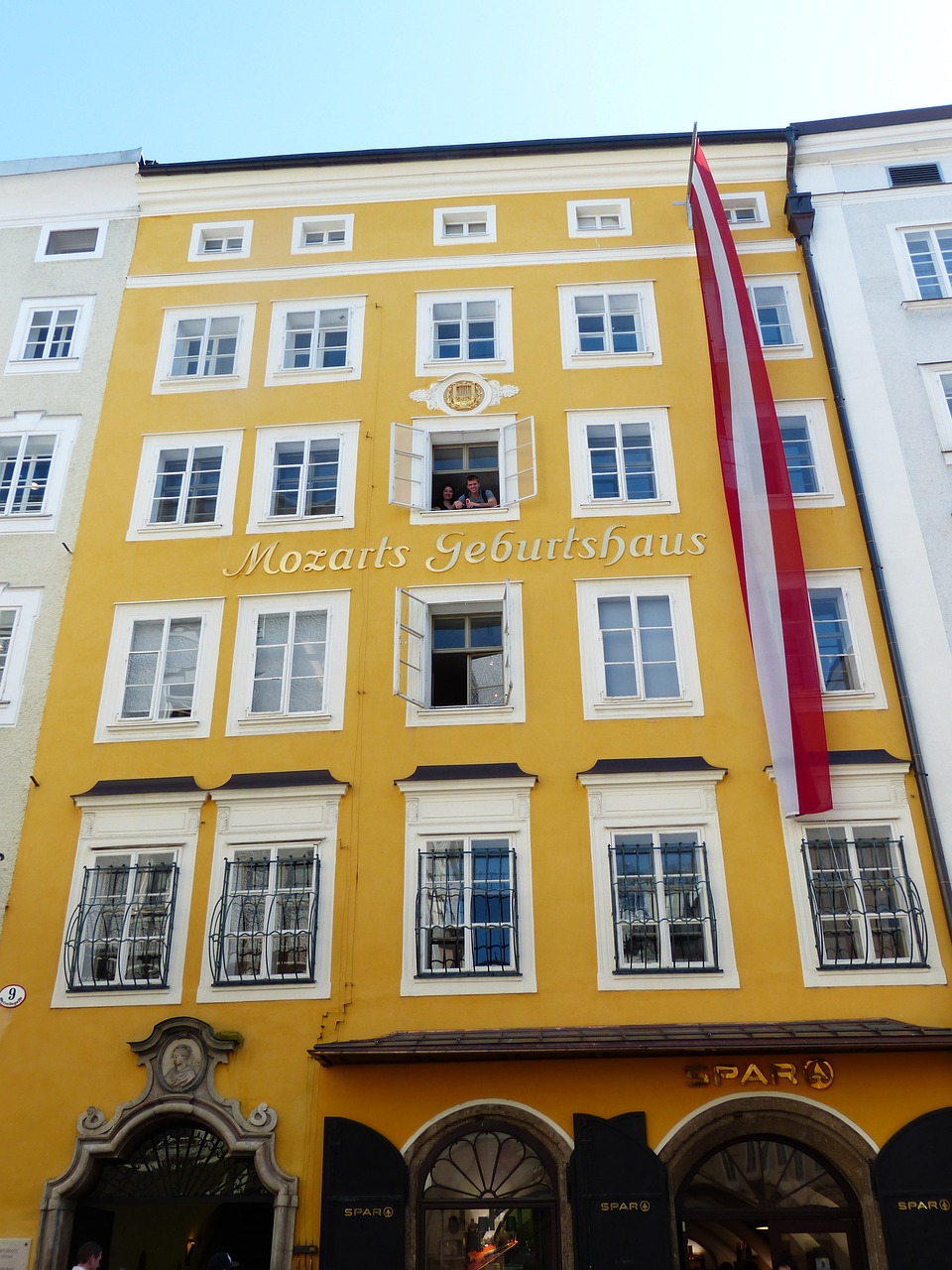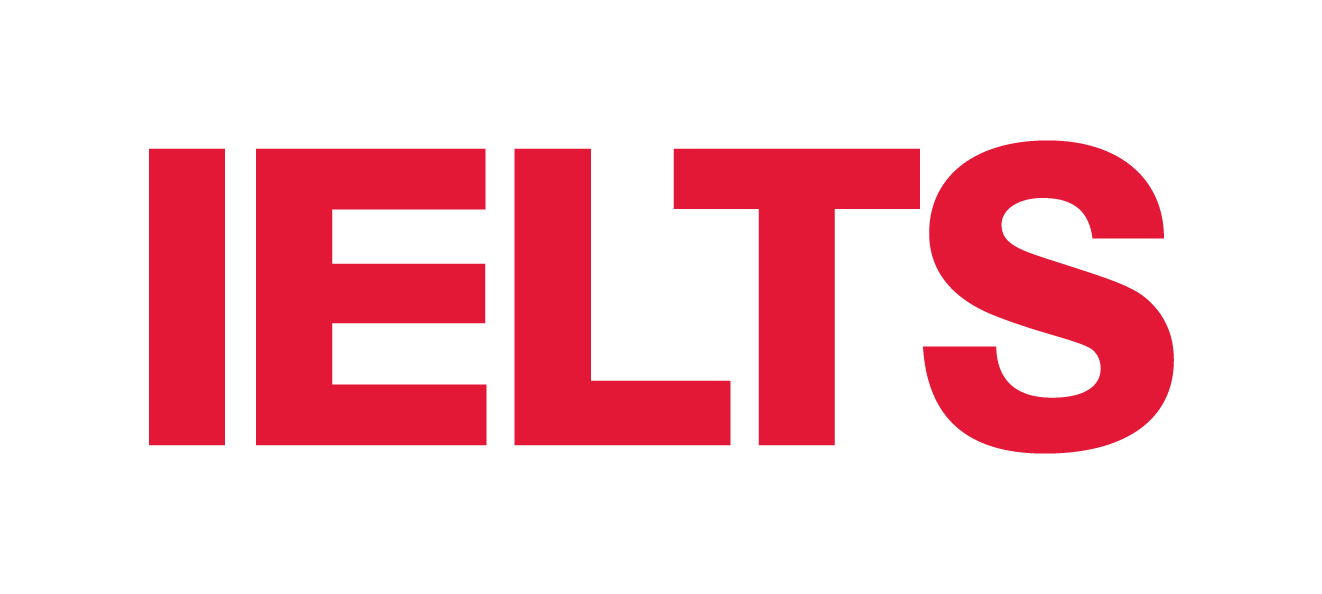21st EALTA Conference
Making an impact? Teaching, learning, and assessment
26-31 May, 2025, Salzburg, Austria
Teaching, learning, and assessment are three pillars of educational systems that have been traditionally viewed as independent activities. Therefore, more systematic complementary planning and integration of these three activities often lacks, despite possible considerations of the impact they may exert on each other. The success of educational/academic systems, however, depends on the degree of alignment of needs, goals, and practices among teaching, learning, and assessment (O’Sullivan, 2020). The need for collaboration among curriculum developers, materials developers, teacher trainers, and assessment specialists becomes even more pronounced when educational, pedagogical, and programmatic transitions and reforms within educational systems occur. Such reforms require revisiting theoretical models and constructs, research approaches, and established practices.
The 21st EALTA Conference will focus on the impact of language assessment on various aspects of teaching and learning, as well as how it is shaped by reforms in educational systems. The conference will address, on one hand, how external tests influence teachers’ attitudes and practices related to standardized testing, students’ learning strategies, and the decision-making processes of other stakeholders. On the other hand, it will focus on how changes in education—such as discussions around equity, diversity, and inclusion (EDI), the rise of generative AI, and the growth of multilingualism, among others—affect language assessment theory, research, and practice.
We invite proposals for conceptual and empirical papers, work-in-progress presentations, posters, and symposia that relate to this broad conference theme of flexibility and adaptation in language testing and assessment.
EALTA particularly encourages proposals on, but not limited to, the following areas related to the conference theme:
- collaboration between language assessment professionals, test providers, test users and/or other stakeholders
- synergies and tensions between assessment and teaching practices and pedagogies
- assessment literacy of various stakeholders in the language assessment process
- defining and validating emerging constructs and target language use domains (e.g., multilingual competence, content and language integration)
- considering EDI in assessment development and use
- implications of new technology in teaching and assessment design (e.g., test delivery, item design, score reporting)
- power relations between language policy and language testing and assessment



















